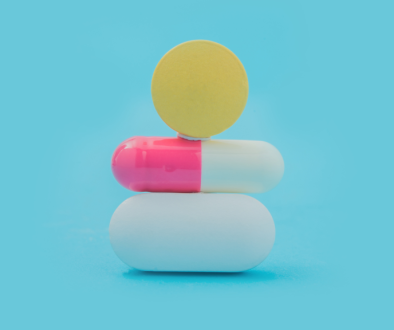Recreational vs. Problem Drinking

People do drugs for a variety of reasons including to feel happy, to escape reality, to reduce symptoms of mental and physical illness, to perform better, or out of pure curiosity. Most alcohol users report increased levels of stress and boredom as reasons why they consumed more than they planned to, which has probably contributed to a 60 percent increase in alcohol consumption during the COVID-19 lockdowns. Abuse of drugs and alcohol can lead to addiction, possible overdose, worsening mental health problems, and delays in addressing physical and mental health conditions. With rates of other drugs increasing in recent years, it’s important to understand when recreational drinking turns into problem drinking and how alcohol use can link to other recreational substances.

Addiction is characterized by compulsive drug-seeking, continued use despite harmful consequences and long-lasting changes in the brain. While a formal addiction diagnosis requires an assessment by a certified professional, knowing how to spot the signs of problematic drug use can help you seek help.
These are some characteristics of someone who is recreationally using:
- Use is occasional when it suits their needs but they can say no when drugs are offered
- Potential problems of recreational drug use are understood
- They have healthy relationships with people that don’t do a lot of drugs
- Drugs aren’t used to numb
- Drug use doesn’t consume their thoughts
- They are conscious of the amount of money they spend on drugs
These are some of the characteristics of someone becoming a drug addict:
- They may believe they are a better person when they’re using drugs
- They have a hard time saying no to drugs
- They build more relationships with other drug users
- Their behavior will change as they become more argumentative
- They begin to fixate on when and how they can become high
Recreational drug abuse can quickly turn into a problem if not monitored. Here are some common patterns that can signal someone is in the gray area between recreational and problematic drug use:
- The use of drugs becomes more frequent or complex
- The person will begin to rely on the drug for emotional and physical needs
- The person needs drugs to feel whole or it becomes part of their identity
Alcoholism and alcohol abuse can increase the likelihood of developing an addiction to another type of drug. Mixing alcohol and other drugs together can also lead to serious health problems, including dangerous interactions. Almost half of the people in Florida suffer from alcohol dependency which may link to the state’s elevated rates of criminalized drug use.
 The CDC’s drug overdose report from March 2020 to March 2021 shows an increase of over 30 percent from the previous year. Florida’s numbers accounted for 10 percent of the national death toll, making it the second-highest rate in the country. Trends on Florida’s Substance Use Dashboard show drug overdose deaths continue to increase, fueled by opioids. In places like Pinellas County, opioid drug deaths increased by 35 percent over one year. The Tampa Bay area has been especially hit with large numbers of fentanyl deaths, a drug up to 100 times more potent than morphine.
The CDC’s drug overdose report from March 2020 to March 2021 shows an increase of over 30 percent from the previous year. Florida’s numbers accounted for 10 percent of the national death toll, making it the second-highest rate in the country. Trends on Florida’s Substance Use Dashboard show drug overdose deaths continue to increase, fueled by opioids. In places like Pinellas County, opioid drug deaths increased by 35 percent over one year. The Tampa Bay area has been especially hit with large numbers of fentanyl deaths, a drug up to 100 times more potent than morphine.
Cove can help you distinguish between substance use and abuse. We provide comprehensive mental health services with a focus on substance abuse and addiction disorders. If you have a young person or family member that you are concerned about, contact us today at www.covebh.org or call us 813-384-4000.







